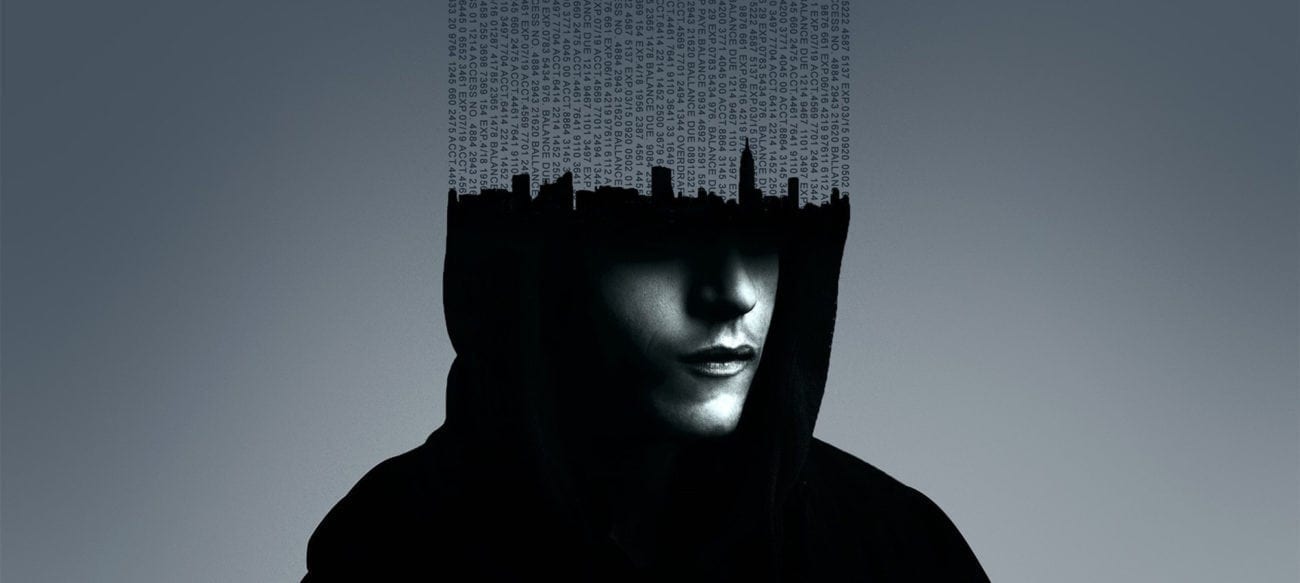Last night was the SuperBowl, and since I haven’t watched a single game since the last SuperBowl, and naught before the one before that, I figured why start now. Instead the wife and I decided to wrap up the last few episodes of the final season of Mr. Robot. Spoilers ahead, obviously.
Putting a bow on any work of art and calling it finished is always a challenge. It’s difficult enough for a song or a paper, which is the extent of my creative experience; I can only imagine how hard it is for a book or a multi-season television series. I’s impossible to please everyone, as Lost and The Sopranos demonstrate. With Lost, it was apparent that the showrunners had no idea what they were doing, and the Sopranos may have been more a case of the director being a bit vague about what had happened. There may have been too much credit given to the audience in the latter case. And perhaps no show has so brilliantly destroyed its fanbase more than Game of Thrones, which in the course of its run went from cultural touchstone to something that has disappeared from public consciousness mere months after its conclusion.
FX’s Legion, based on the Marvel comics, was the last show that I wrapped up. It was mostly satisfying, although its final scene, with the (anti)hero and heroine fading out of existence after changing the past, had me saying ‘really?’ to the TV afterward. Man In The High Castle had a good, satisfying ending that tied up all the character arcs and left all the American Nazis dead, although Commander Smith’s downfall and suicide at the end seemed a bit out of character for him.
And I was definitely thinking of Man In The High Castle near the end of Mr. Robot, as we viewed the alternate universe Elliot go about his day in a world where everything was ‘too perfect’. The parallels, (pun intended) between this part of the show and the metaverse of MITHC seemed very similar. But it was the way in which it all fell apart at the end of Mr. Robot that was a bit confusing as it was revealed. I had to chuckle as the fourth wall was obliterated, as a manifestation of Elliot’s psychiatrist (or was it the Architect from The Matrix?) looked into the camera and told the viewers that we too needed to let go of everything.
The ending was a bit messy. With the truth revealed as to who the Mastermind was, and the show back in the real-world hospital bed, I found myself wondering what that meant for White Rose. When she said she wanted to show Elliot what she had shown Angela, did that mean she had killed herself before?
I had known as soon as the two Elliots confronted each other that our Elliot would kill the other. In a show as paranoid as Mr. Robot, it seemed the only way out. But the escape back to the real world seemed anti-climactic. The final scenes were a bit emotional as the various aspects of Mr. Alderson’s dissociative personalities came together, a la Inside Out, before a tunnel ride that borrowed heavily from 2001‘s star child sequence.
Overall I was happy with the conclusion, and Mr. Robot stands up as one of my favorite shows, even if their depictions of hacking were just realistic enough to make the outcomes completely absurd. It was still a great show.
